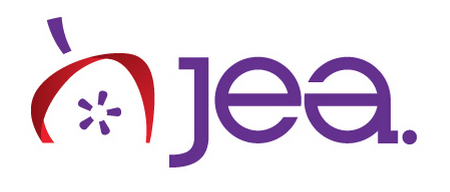Lesson Outline
A lesson plan from content partner:

To seek truth and report it lies at the heart of any journalist’s mission. But what is “truth?” And will we know it when we see it? Deciphering credible, accurate information from an abundance of perspectives is harder today than ever before. These lesson plans, developed by Megan Fromm and made possible through a grant from the Robert R. McCormick Foundation, will help you discover how teaching news literacy in your program develops critical minds, encourages active citizenship, meets Common Core state standards, and strengthens your publications’ public reputation and perception.
Lesson 1 — Understanding news literacy
This is the first of five lessons in a week-long unit that explores news literacy concepts. In this lesson, students are introduced to the fundamental conventions of news literacy and are asked to reflect upon their own expectations for today’s news media.
Lesson 2 — How news is changing
This lesson explores the changing culture of the newsroom, especially in light of new media technologies. As news gathering and reporting changes, so does our concept of what news is, and our expectations for traditional journalism. Students will discuss perceptions of news coverage and will reflect on their own role as news consumers. This is the second in a week-long unit on news literacy.
Lesson 3 — Fact-checking in the digital age
In this lesson, students will learn about the importance of fact checking in the journalism profession. This lesson explores the practice of fact checking and requires students to identify and accept information with a critical eye for accuracy. Students will learn to use online resources to verify information. This is the third lesson in a week-long unit on news literacy. A great segue into this lesson is to show the movie “Shattered Glass” first and discuss the breach of trust that happens when news media get things wrong. If you’d like to show the movie, add two-three extra class periods to this unit to show the film and discuss.
Lesson 4 — Finding bias
Students will learn about the ethical mandate that requires news to be free from personal opinion. Students will learn to identify common statements of opinion. This is the fourth lesson in a week-long unit on news literacy.
Lesson 5 — When journalists must advocate for themselves
Students will evaluate a July 4th front page that advocates for freedoms and for a critical awareness of government actions. Then, after reading background information and Facebook discussions about the role of the newspaper and the purpose of page one, students will debate whether the page was an appropriate reflection of the newspaper’s purpose. This is the fifth and final lesson of a week-long unit introducing news literacy.
Download the Corresponding Powerpoint Presetnation for all five lesson plans
-
Key Concepts
-
Grade Level
-
0 comments
-
3 saves
-
Share
